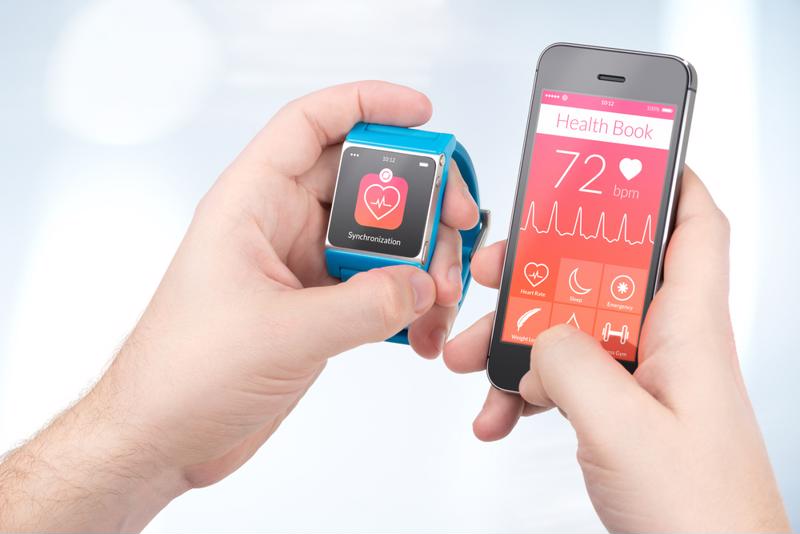One industry that truly benefits from advances in data technology is health care. Whether it is research, marketing or treatment, the overall goal remains the same of making patients better and healthier overall. Data analytics, especially in the scope of using electronic medical records, is an important step forward in delivering quality service to people, no matter their condition. Big data helps hospitals and life sciences organizations figure out what exactly they need to succeed at critical points in care management, from prevention to long-term follow-up.
Better methods of preventing illness and treating conditions
The first step in health care treatment is preventing illnesses from happening in the first place. Forbes reported that this particular area received a boost from the advent of wearables such as the Apple Watch. Many of these products have an emphasis on fitness apps that track various aspects of a person's bodily functions, including heart rate and blood pressure. The devices constantly record this data and help people make lifestyle decisions that benefit their overall health. However, the scope of information gathered is enough that in the future, the watch or other gadget will send this information directly to a person's attending doctors so they can help him or her adjust treatments. This can help increase preventative care in key areas, especially if there's a history for a particular disease or condition.

The data will also be available to more than just the patient's doctors. Health care providers can match this information with the records of thousands of other patients, enabling a more reliable and accurate diagnosis.
This is not only possible, but it's happening through partnership initiatives currently underway . Apple and IBM are working together to create a health care analytics service, according to business professional Bernard Marr in an article for LinkedIn. This program uses data collected from worn Apple Watches and shares it with the Watson Health cloud-based service. The latter system takes advantage of machine learning algorithms based on natural language that made it successful as the first computer champion of the game show "Jeopardy!".
Users send their biometric data from their Apple Watches to the service as well as any manual inputs, such as caloric or medicinal intake. Medical practitioners and analytics engines can analyze this information to provide new insights about health care. This information will help patients lead better lives and get superior treatments for the conditions they face.





